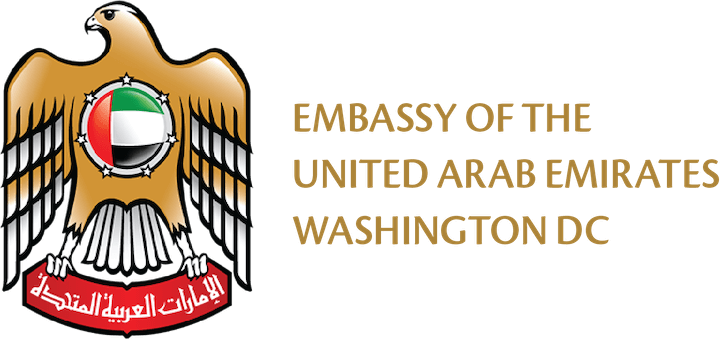Free Zones have played a pivotal role in promoting productive diversification within the UAE's economy. With 46 Free Zones scattered throughout the country, each governed by its own regulations and catering to specific industries, the UAE has created a favorable environment for various businesses.
The establishment of the Jebel Ali Free Zone in 1985 marked the beginning of this transformative approach. Since then, additional Free Zones have been created in the UAE, tailored to attract and nurture specific industries. For example, Media City has been designed to accommodate media-related businesses, while Science Park focuses on science, biotech, and pharmaceutical sectors.
The impact of Free Zones on the UAE's exports is significant. These zones contribute to approximately 40% of the country's total exports, including re-exports. Notably, Dubai's Free Zones alone account for 60% of the city's total goods exports, showcasing the crucial role they play in driving trade and economic growth.
Through these specialized Free Zones, the UAE has created an environment that fosters industry-specific innovation, attracts foreign investments, and facilitates seamless trade. The country's commitment to supporting diverse sectors through Free Zones underscores its ongoing efforts to cultivate a thriving and diversified economy.
For more information on the UAE’s Free Zones see below:
